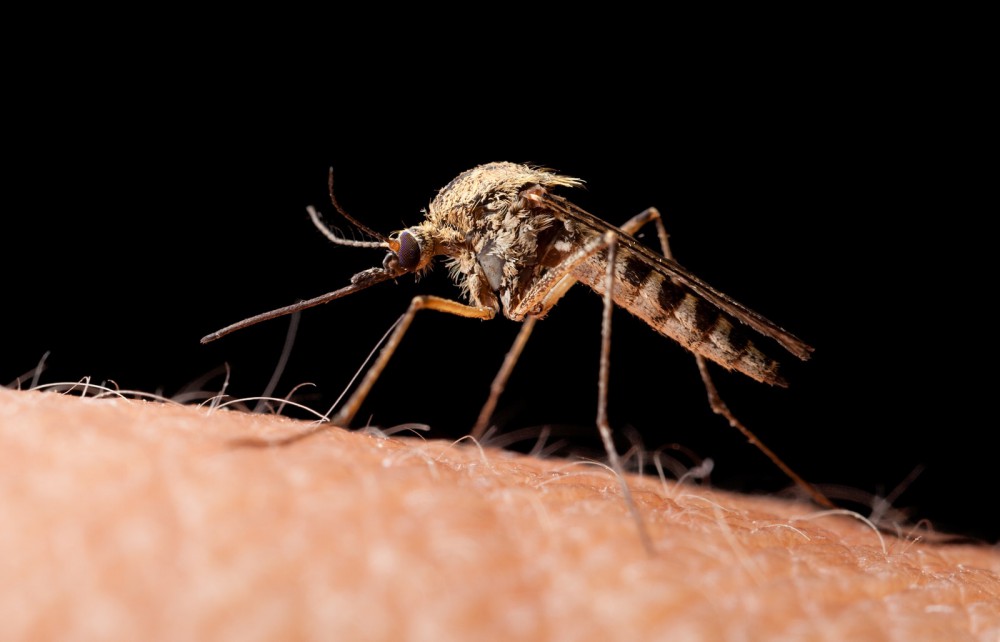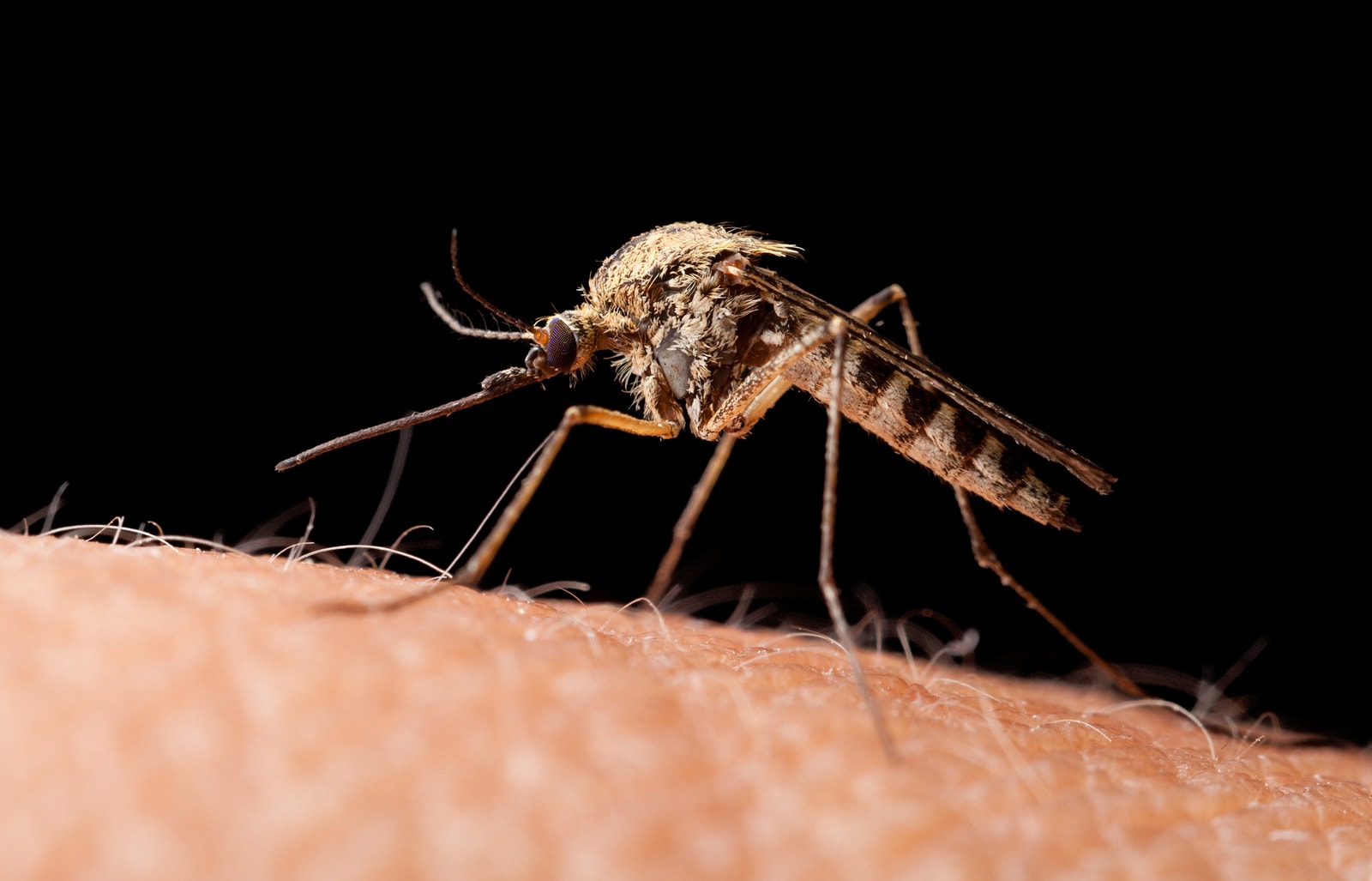
Although it was first isolated in Africa in 1947, the Zika virus infection – caused by the bite of infected Aedes mosquitoes – was largely unknown to U.S. residents until recently.
But with the World Health Administration (WHO) declaring an international public health emergency and the first known Zika virus transmission reported in the United States, according to Reuters, word is getting around. Up to 4 million people in the Americas could be infected, the WHO said.
In Brazil, the virus has been linked to microcephaly in thousands of babies. Microcephaly is a severe birth defect that leaves babies with abnormally small heads and brains that are improperly developed.
Here are some frequently asked questions about the Zika virus, with information provided by the Pan American Health Organization, the WHO, the Centers for Disease Control and Prevention and Reuters.
What is Zika?
The infection is caused when an infected Aedes mosquito bites an individual. About one in five people infected with Zika will get sick, and often the illness is mild.
What are the symptoms?
Symptoms usually begin two-to-seven days after the bite occurs and can include mild fever, skin rashes, conjunctivitis, muscle/joint pain and general malaise. The virus remains in the blood for about a week.
Can Zika cause death?
Death occurs rarely and typically only in patients with pre-existing diseases and conditions.
What countries in the Americas have reported cases of Zika?
Barbados, Bolivia, Brazil, Colombia, Costa Rica, Curaçao, Dominican Republic, Ecuador, El Salvador, French Guiana, Guadeloupe, Guatemala, Guyana, Haiti, Honduras, Jamaica, Martinique, Mexico, Nicaragua, Panama, Paraguay, Puerto Rico, Sint Maarten, Suriname, U.S. Virgin Islands and Venezuela.
How is it transmitted?
An infected Aedes mosquito transmits the virus. The virus has been found in semen, and the U.S. virus infection occurred through sexual transmission. It may infrequently be transmitted through blood. It is unclear if the virus can be transmitted from mother to baby during pregnancy or childbirth; studies are underway.
How is it diagnosed?
Clinical symptoms and epidemiological circumstances (such as trips to areas where cases have been reported) often are the basis for diagnosis, with blood tests providing confirmation.
How is it treated?
No vaccine or specific medicine exists to treat Zika at this time. Treat the symptoms with rest, plenty of fluids and acetaminophen. Do not use aspirin or non-steroidal anti-inflammatory drugs. Check with a doctor before taking medication if you are already taking medicine for another condition. Also, prevent further mosquito bites, as Zika virus in your blood can be passed to other people through additional bites.
Are vaccines being developed?
Sanofi SA announced a project to develop a vaccine, and NewLink Genetics Corp. is looking into treatment options. Australian biotech Sementis Ltd. is working on a vaccine with the University of South Australia.
How can I prevent being infected?
Avoid mosquito bites, especially in countries where Zika is present. When in those countries, wear long pants and long-sleeved shirts. Keep mosquitoes outside with screens or netting or by using air conditioning. Use insect repellents registered with the Environmental Protection Agency (EPA).
In addition, don’t allow standing water to collect in outdoor containers, cover domestic water tanks, avoid accumulating garbage and keep all drains clear.









